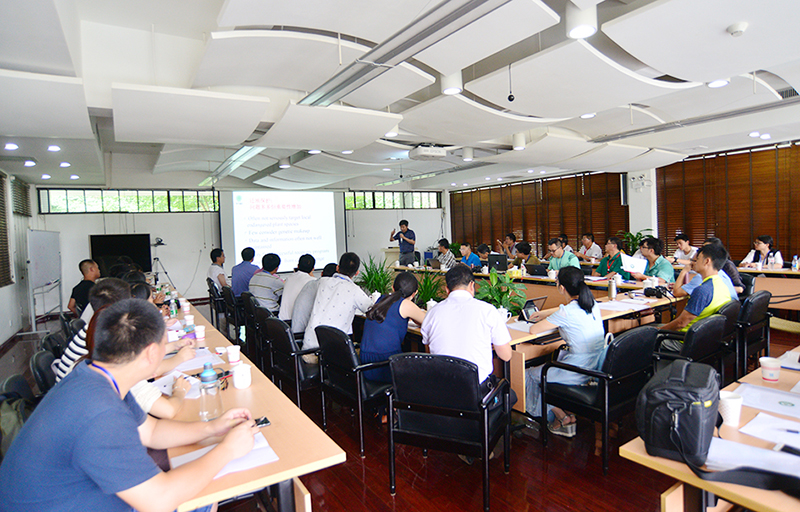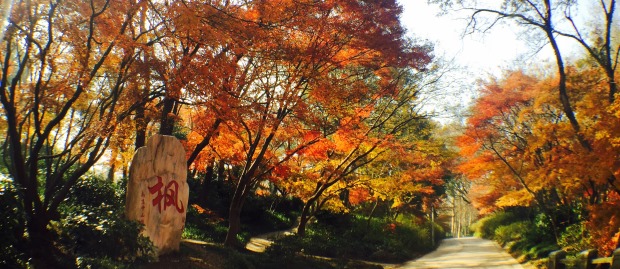Botanical gardens in China Enlarge Plant Conservation Area
Chinese Union of Botanical Gardens (CUBG) will enlarge its working area for the protection of native plant species by 0.94 million square kilometers.
Six new botanical gardens, along with the other eight project participant gardens, gathered together to exchange the working procedure and experiences on August 3 in Xishuangbanna Tropical Botanical Garden (XTBG). The six new botanical gardens are Qinling National Botanical Garden, Chongqing Nanshan Botanical Garden, Hunan Forest Botanical Garden, Fuzhou Botanical Garden and South China Botanical Garden (SCBG).
Full-Coverage Protection Plan for Native Plant Species, replicated “Zero Extinction Project” initiated by XTBG, was launched in 2013. Eight botanical gardens distributed in typical geographic areas, were selected as the pilots. They started rapid assessment, field inventory and a series of conservation in accordance with the working procedure.
After three years of hard work, the eight areas have assessed 21994 plant species, among which 10 species are newly record plants from China, and 7 extinct plant species are rediscovered. Until 2016, after Advisory Committee review, it is decided to enlarge the conservation area of the project.
This project aims to use the entire ‘conservation toolbox’ for regional biodiversity conservation, like the ex situ conservation of threatened species by storing seed and growing plants, the reintroduction of rare endangered species to natural habitats and the enhancement of the effectiveness of environmental education. Up to 2019, it is wished to increase the ex situ of native plants in nature reserves or botanical gardens to 75%.
“It is a tough task, and must rely on our own conscience for the conservation of regional plant species. Botanical gardens in China must accept this responsibility.” President of CUBG CHEN Jin said in the participant exchange.
After the exchange, the new joined botanical gardens will assess the native plant species in their region, and the other eight gardens will continue to increase the ex situ proportion of the targeted species.



